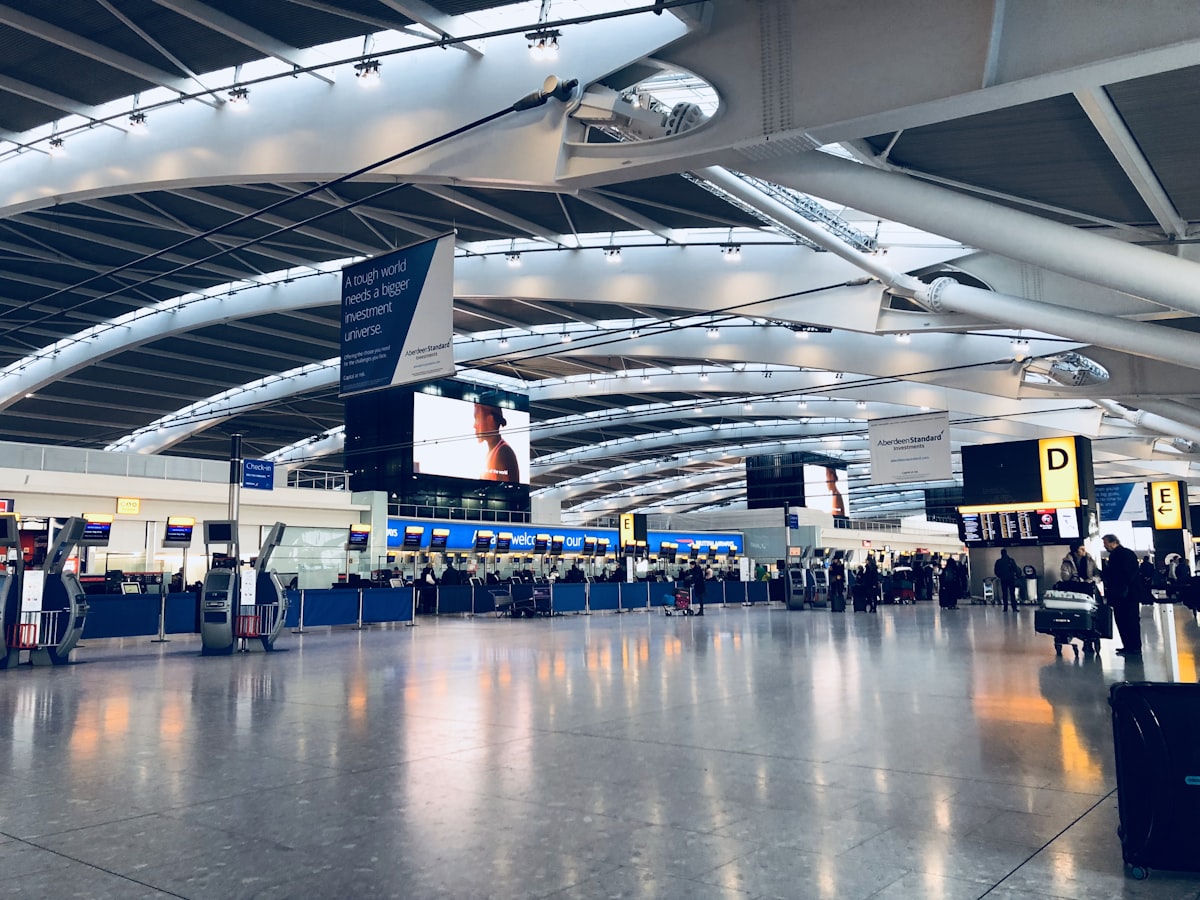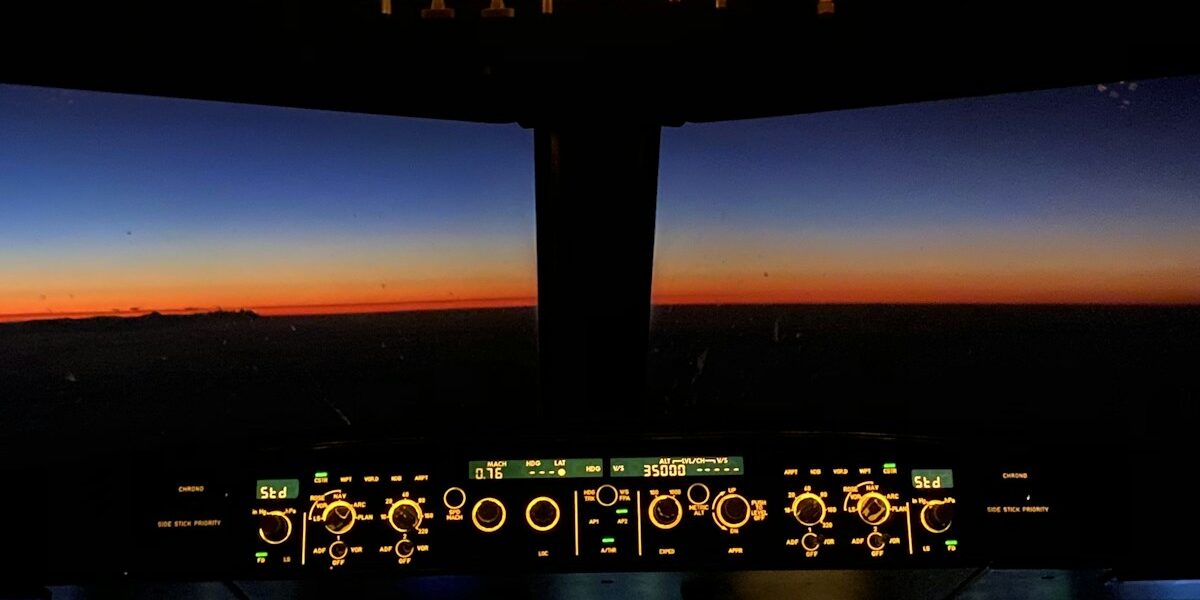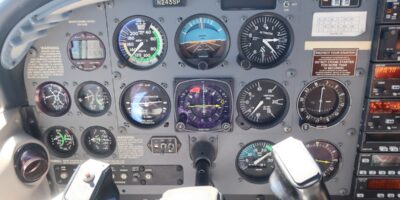Understanding the Role of an Envoy Cadet
The term envoy cadet might not be familiar to everyone, yet it’s an important role, particularly in diplomatic missions and international relations. An envoy cadet is typically an entry-level or preliminary position for those aspiring to become full-fledged envoys or diplomats in a country’s foreign service.

The Path to Becoming an Envoy Cadet
Becoming an envoy cadet usually requires a strong academic background. Most envoy cadets hold degrees in international relations, political science, or other related fields. Some countries have specific entry exams or civil service tests that candidates must pass. Knowledge of foreign languages can be a significant advantage and sometimes a requirement.
Training and Development
Once selected, envoy cadets undergo comprehensive training. This typically includes learning about diplomatic protocols, international law, and cross-cultural communication. Leadership skills are also essential, as envoy cadets will interact with various stakeholders. Simulation exercises and role-playing are common methods used to prepare these individuals for real-world diplomatic challenges.
The Duties and Responsibilities of an Envoy Cadet
An envoy cadet’s duties are diverse. They assist senior envoys and diplomats in their day-to-day tasks. Some responsibilities include drafting reports, preparing briefing materials, and analyzing political developments. Envoy cadets might attend meetings, taking notes and reporting back to their superiors. This role requires acute attention to detail, as the information collected could influence national or international policies.
Representation and Communication
Envoy cadets often represent their country’s interests in various capacities. They might accompany seasoned diplomats to formal events or international forums. Effective communication skills are vital. How one presents information can reflect on a nation’s standing and influence in the international community.
Building Relationships
Part of an envoy cadet’s role involves building and maintaining relationships with foreign counterparts. Networking is a critical aspect of diplomacy. These connections can aid in negotiations, resolve conflicts, and foster cooperation on global issues. Understanding cultural nuances and adapting one’s approach is crucial to success in this area.
The Diplomatic Environment
The work environment for envoy cadets is dynamic and often unpredictable. International relations can be volatile, requiring quick thinking and adaptability. Diplomatic postings may change based on global events or policy shifts. Envoy cadets must be ready to travel and sometimes live abroad for extended periods. These experiences, while challenging, provide valuable insights into global politics and operations.
Career Advancement and Opportunities
Experience as an envoy cadet is a stepping stone to higher diplomatic positions. Performance, dedication, and additional qualifications can lead to roles such as deputy head of mission or ambassador in the foreign service hierarchy. Some envoy cadets choose to specialize in specific regions or issues, such as trade negotiations or humanitarian affairs, enhancing their expertise and career prospects.
The Impact of Envoy Cadets on International Relations
Though junior, envoy cadets contribute significantly to shaping foreign policies. Their reports and analyses can influence diplomatic strategies. Engagements with international figures can open dialogue and resolve conflicts. They play a part in crafting the image and reputation of their home country on the world stage. These roles, while demanding, offer a unique opportunity to effect change and promote peace and understanding worldwide.
“`



